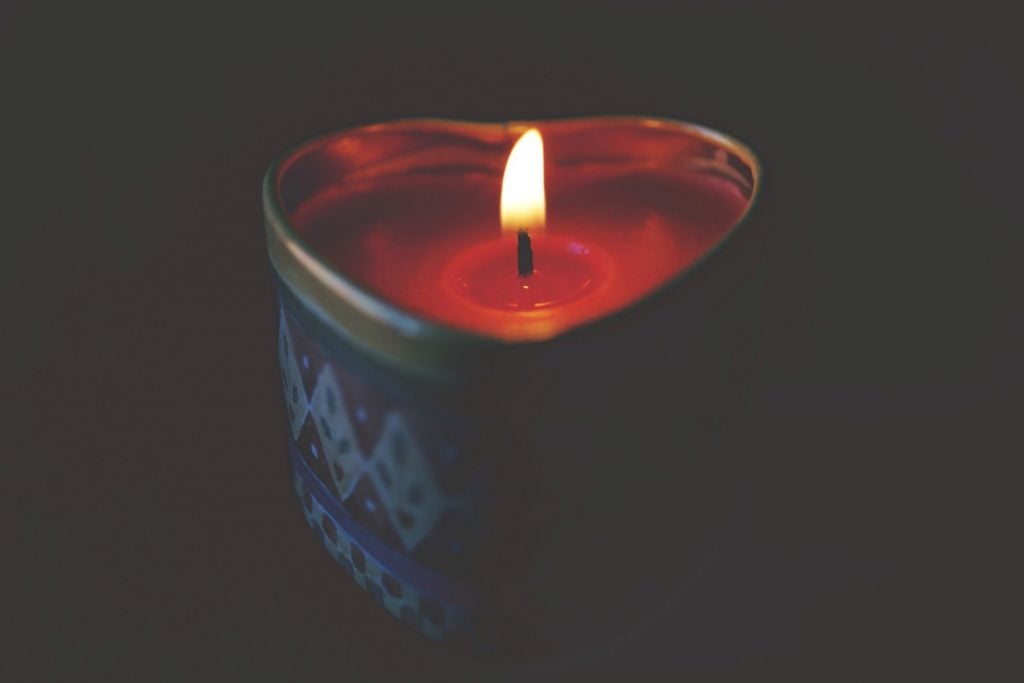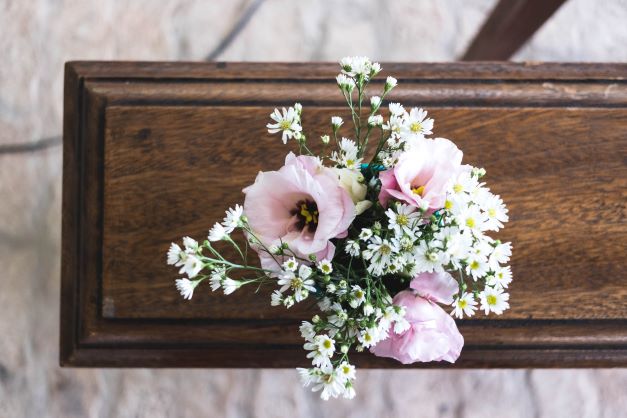-

Why Intimacy With Death Is Necessary for a Healthy Life
Posted on August 1st, 2022
Posted by underAvoidance of death affects our subconscious minds negatively “Subconscious fear of death drives us in negative ways, whereas open fear […]
-

Key details that can help you turn a funeral into a life celebration
Posted on July 6th, 2022
Posted by underHow to plan a celebration of life for your […]
-

6 Tips On What To Say To A Grieving Friend
Posted on June 24th, 2022
Posted by underGrieving can be extremely challenging. […]
-

What To Do On The One-Year Anniversary Of A Loved One’s Death
Posted on June 10th, 2022
Posted by underDeath anniversaries can be difficult, especially the first year after a loss. It may be challenging figuring out how to […]
-

Funeral Etiquette
Posted on May 12th, 2022
Posted by underWhen attending a funeral, being aware of proper funeral etiquette will help you to navigate the event in a way […]

Blog
